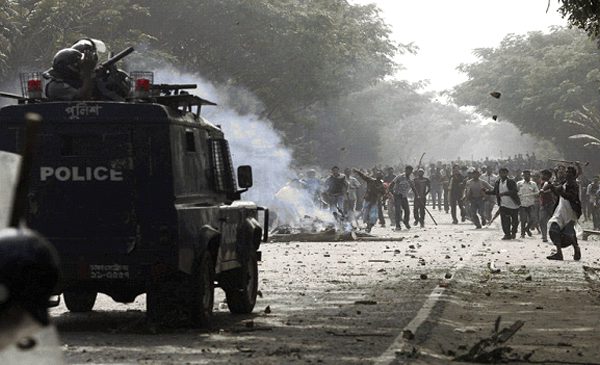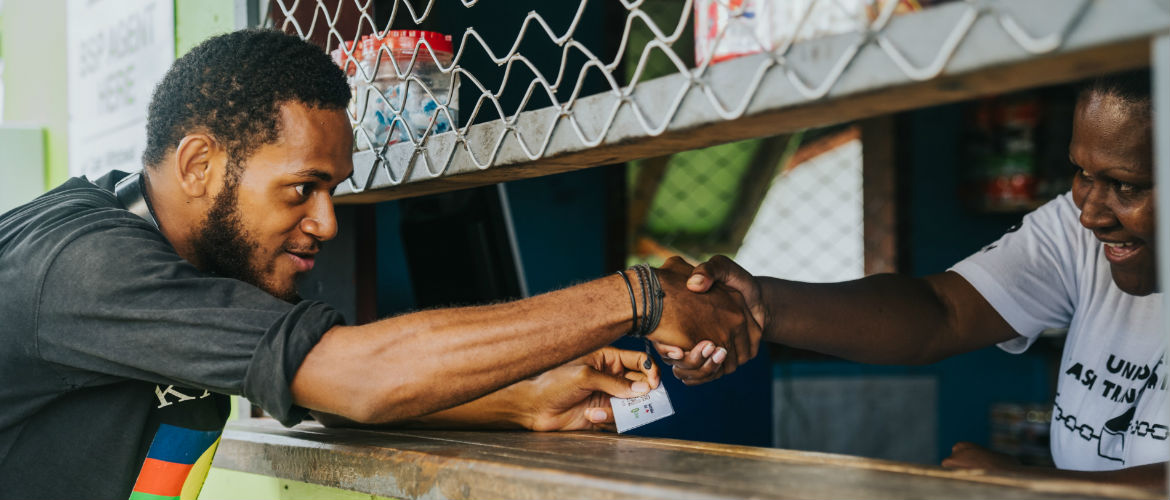This week started early with a breakfast meeting at the Australian Ambassador’s residence with representatives from Australian Foreign Affairs, AusAID, Attorney General’s Department, Customs and Defence Exports. Together we headed out into a cold, dark and rainy New York City in the direction of the United Nations HQ to begin the next round of negotiations for the first global, legally binding Arms Trade Treaty (ATT).
ATT Chair Roberto Moritan set the scene for the UN talks by circulating three documents to all states which he presumed had been received with ‘mutual levels of dissatisfaction” by all. But, he continued, the Rolling Stones might have something to teach everyone about expectations when they sing “I can’t get no satisfaction”.
Rock lyrics aside, the Chair’s papers are quite strong, seeking to include every element that States have raised during the negotiations so far, specifically focusing on three sections of the proposed Treaty:
- the scope of equipment and activities to be included in the treaty
- the criteria against which export authorizations of those arms should be assessed
- the framework for international cooperation and assistance to ensure State are able to fulfil their obligations under the Treaty.
This attempt to ‘capture everything’ is aimed at provoking lively and substantive debate between the delegations, who will then be forced to elaborate on their national positions in order to defend or challenge particular elements or language. After day 1 in looks like the Chair’s strategy paid off. With ongoing tensions in the Middle East, and the significant presence of European and US-made arms in those crises, fresh on the minds of many in the room, the usually quiet Bahrain was amongst the first countries to take the floor. Speaking on behalf of the Arab Group, Bahrain acknowledged the significant changes currently underway in the Arab world. Yet the delegate expressly rejected human rights and sustainable development as criteria for approving or denying an arms transfer as they fear it would be used politically. Ironically, these are the exact criteria needed in the ATT if it is to prevent future such tragedies.
A great change from the last meetings was a shift away from just ‘the usual suspects’ making interventions. There were a number of detailed interventions from countries who’ve been fairly tight-lipped in the ATT process up to now, including Thailand, the Philippines, Senegal, and most interestingly, China. With rumours circulating for some time that China has been working hard to develop its position on the ATT, the next week is sure to bring some interesting new developments from one of the largest arms exporters in the world.
The timeframe for the negotiation of the ATT is short – just four weeks of Preparatory Committee meetings before a final negotiation conference scheduled for the middle of 2012. Half the time for these PrepCom meetings has already passed. Given this short timeframe, NGOs and civil society advocates continue to push States to use the time effectively and push forward in a meaningful and concrete way. Judging by the pace and enthusiasm in the room so far it looks like States have seriously ramped up their national positions and their investment in the process. So perhaps, even if you can’t always get exactly what you want in international negotiations, “if you try, sometimes you get what you need”.
Ben Murphy is Humanitarian Advocacy Officer with Oxfam Australia. Ben will be blogging and tweeting (@Ben_Murphy83) from inside the UN Arms Trade Treaty conference all this week.
Photo courtesy ATT Monitor


 Doris*, daughter, 5; Pamila*, 2. Christina grows maize and she was shown how to make compost as part of the CRAFS (Climate Resilient Agriculture and Food Systems) programme.
Doris*, daughter, 5; Pamila*, 2. Christina grows maize and she was shown how to make compost as part of the CRAFS (Climate Resilient Agriculture and Food Systems) programme.